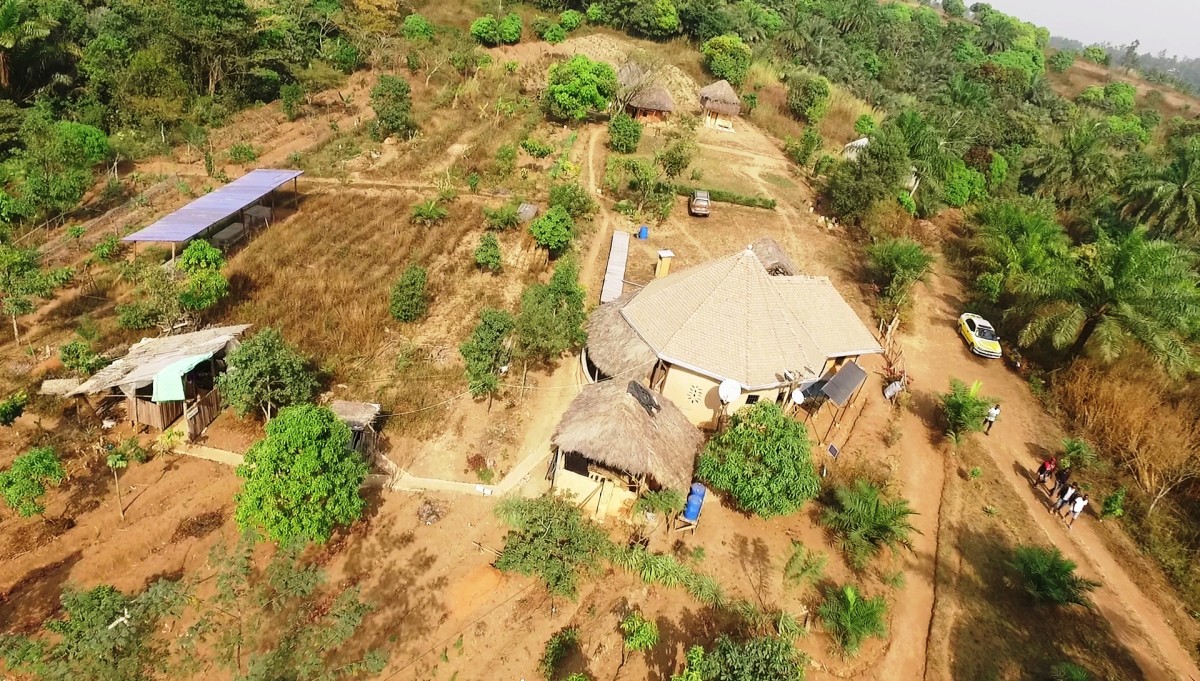18 - Skills development and recognition

Invest in skills development and facilitate mutual recognition of skills, qualifications and competences
The Global Compact for Safe, Orderly and Regular Migration (GCM) is based on 23 objectives. This page provides resources for objective 18 (Invest in skills development and facilitate mutual recognition of skills, qualifications and competences):
“34. We commit to invest in innovative solutions that facilitate mutual recognition of skills, qualifications and competences of migrant workers at all skills levels, and promote demand- driven skills development to optimize the employability of migrants in formal labour markets in countries of destination and in countries of origin upon return, as well as to ensure decent work in labour migration.
To realize this commitment, we will draw from the following actions:
(a) Develop standards and guidelines for the mutual recognition of foreign qualifications and non-formally acquired skills in different sectors in collaboration with the respective industries with a view to ensuring worldwide compatibility based on existing models and best practices;
(b) Promote transparency of certifications and compatibility of National Qualifications Frameworks by agreeing on standard criteria, indicators and assessment parameters, and by creating and strengthening national skills profiling tools, registries or institutions in order to facilitate effective and efficient mutual recognition procedures at all skills levels;
(c) Conclude bilateral, regional or multilateral mutual recognition agreements or include recognition provisions in other agreements, such as labour mobility or trade agreements, in order to provide equivalence or comparability in national systems, such as automatic or managed mutual recognition mechanisms;
(d) Use technology and digitalization to evaluate and mutually recognize skills more comprehensively based on formal credentials as well as non-formally acquired competences and professional experience at all skills levels;
(e) Build global skills partnerships amongst countries that strengthen training capacities of national authorities and relevant stakeholders, including the private sector and trade unions, and foster skills development of workers in countries of origin and migrants in 26 countries of destination with a view to preparing trainees for employability in the labour markets of all participating countries;
(f) Promote inter-institutional networks and collaborative programmes for partnerships between the private sector and educational institutions in countries of origin and destination to enable mutually beneficial skills development opportunities for migrants, communities and participating partners, including by building on the best practices of the Business Mechanism developed in the context of the Global Forum on Migration and Development;
(g) Engage in bilateral partnerships and programmes in cooperation with relevant stakeholders that promote skills development, mobility and circulation, such as student exchange programmes, scholarships, professional exchange programmes and trainee- or apprenticeships that include options for beneficiaries, after successful completion of these programmes, to seek employment and engage in entrepreneurship;
(h) Cooperate with the private sector and employers to make available easily accessible and gender-responsive remote or online skills development and matching programmes to migrants at all skills levels, including early and occupation-specific language training, on-the-job training and access to advanced training programmes, to enhance their employability in sectors with demand for labour based on the industry’s knowledge of labour market dynamics, especially to promote the economic empowerment of women;
(i) Enhance the ability of migrant workers to transition from a job or employer to another by making available documentation that recognizes skills acquired on the job or through training in order to optimize the benefits of upskilling;
(j) Develop and promote innovative ways to mutually recognize and assess formally and informally acquired skills, including through timely and complementary training to job seekers, mentoring, and internship programmes in order to fully recognize existing credentials and provide certificates of proficiency for the validation of newly acquired skills;
(k) Establish screening mechanisms of credentials and offer information to migrants on how to get their skills and qualifications assessed and recognized prior to departure, including in recruitment processes or at an early stage after arrival to improve employability;
(l) Cooperate to promote documentation and information tools, in partnership with relevant stakeholders, that provide an overview of a worker’s credentials, skills and qualifications, recognized in countries of origin, transit and destination, in order to enable employers to evaluate the suitability of migrant workers in job application processes.”
(GCM, 2018: para. 34)
Objective 18 makes a key contribution to the Global Compact for Migration by promoting regular pathways through skills-based mobility, thereby benefiting all involved stakeholders. This is the case as migrant workers significantly increase their economic productivity and employers in destination countries satisfy their labour needs, while origin countries enhance human capital through skills migrants obtain and economic capabilities through the reception of remittances. To realize enhanced skills-based migration, objective 18 proposes standardization of the recognition of foreign qualifications, in particular through digitalization and aligned National Qualification Frameworks; the conclusion of bilateral, regional or multilateral mutual recognition agreements (of formally and informally acquired skills); partnership of private sector and educational institutions; partnerships for skills development, mobility and circulation; and enhancing the ability of migrant workers to transition from one job to another. By offering concrete and innovative measures for the standardization of the recognition of migrant workers’ skills and skills development, the Global Compact for Migration advances international practices and proposes a clear way forward for origin and destination countries on effective operationalization of cooperation in the area of skills-based mobility. Through the commitments of objective 18, the Global Compact for Migration also contributes to preparing stakeholders for a future in which skills mobility will play an essential role in ensuring economic productivity in the face of increasing automation, digitalization, demographic transformations and transitions towards climate-resilient economies.
Skills mobility in the text of the Global Compact
Objective 18 is also mentioned in the following sections of the GCM:
- Objective 1 (para. 17)
- Objective 2 (para. 18)
- Objective 5 (para. 21)
- Objective 16 (para. 32)
- Objective 21 (para. 37)
- Objective 22 (para. 38)
The Global Compact for Migration (GCM) report is available in AR, ZH, EN, FR, RU, ES.
Hub content relevant to "18 - Skills development and recognition"
 Practice Repository |
Practice Repository | Practice Repository |
Practice Repository | Practice Repository |
Practice Repository | Practice Repository |
Practice Repository | Practice Repository |
Practice Repository | Practice Repository |
Practice Repository | Practice Repository |
Practice Repository | Practice Repository |
Practice Repository | Practice Repository |
Practice Repository | Practice Repository |
Practice Repository | Resource |
Resource | Resource |
Resource |
Pagination
*References to Kosovo shall be understood to be in the context of United Nations Security Council resolution 1244 (1999).
Newsletter
Subscribe to our newsletter.